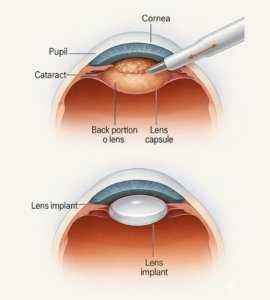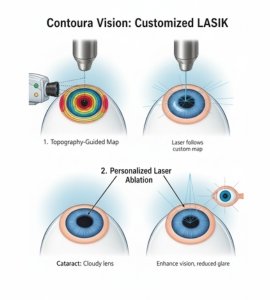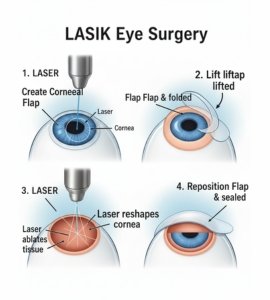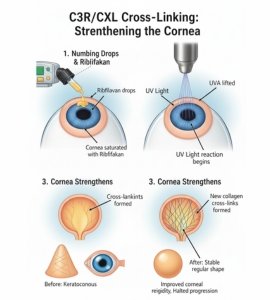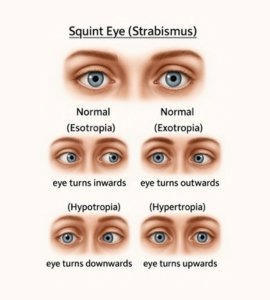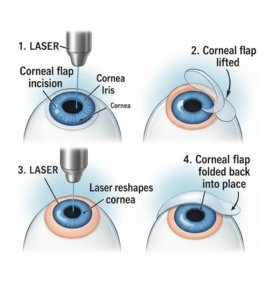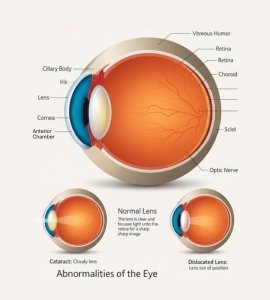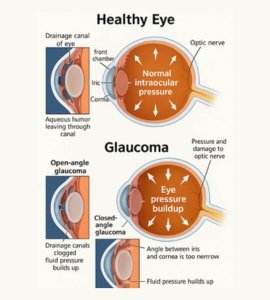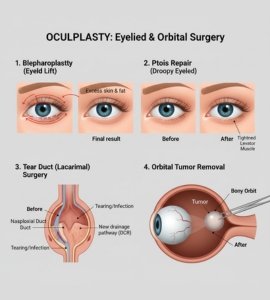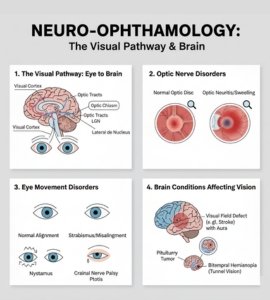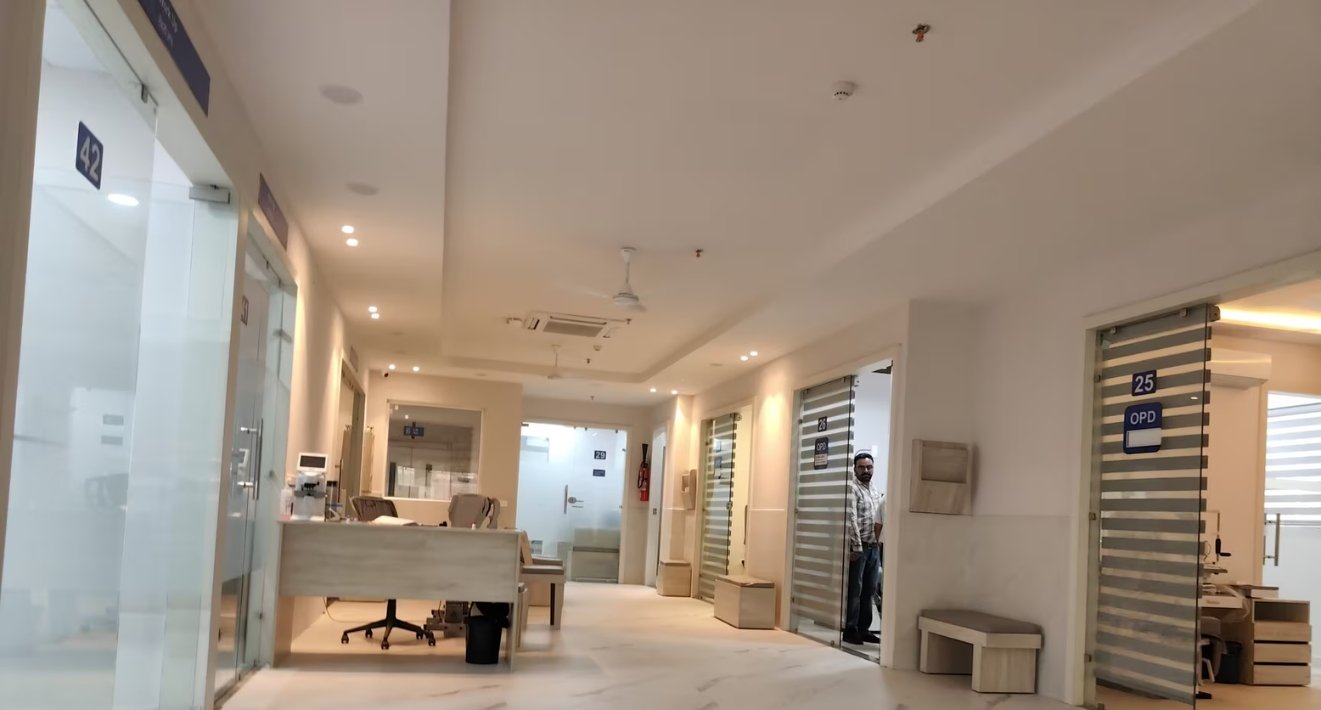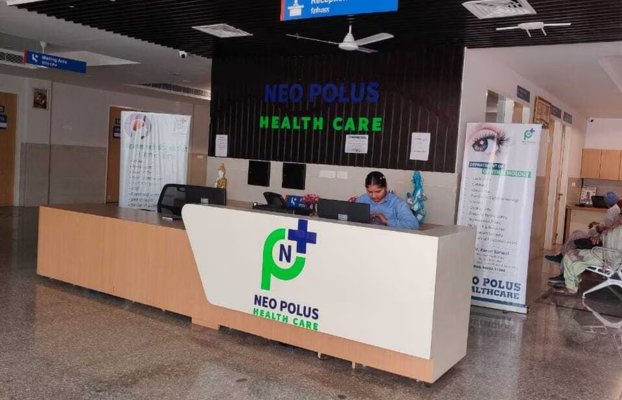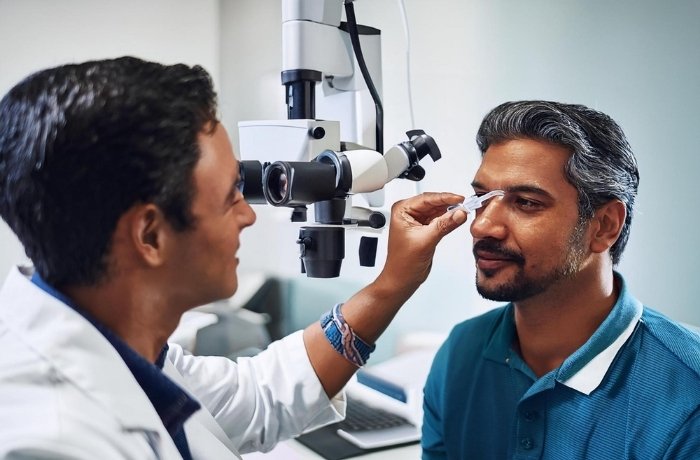
Diabetic Retinopathy Surgery in Bathinda – Neo Polus Health Care
At Neo Polus Health Care, Bathinda, we provide advanced diabetic retinopathy treatment and surgery to protect vision in patients suffering from diabetes-related eye complications. Led by Dr. Karan Sarwal (M.S. Ophthalmology, 20+ years of experience), our hospital is equipped with state-of-the-art retina care technology, making us one of the best hospitals in Bathinda for diabetic retinopathy surgery.
Symptoms of Diabetic Retinopathy
Blurred or fluctuating vision
Floaters or dark spots in vision
Difficulty seeing at night
Sudden vision loss (in advanced stages)
What is Diabetic Retinopathy?
Diabetic Retinopathy is a serious eye condition caused by long-term diabetes. High blood sugar damages the tiny blood vessels in the retina, leading to leakage, swelling, or abnormal new vessel growth. If untreated, it may cause vision loss or blindness.
Diabetic Retinopathy Treatments at Neo Polus Health Care
Intravitreal Anti-VEGF Injections – To stop abnormal blood vessel growth
Laser Photocoagulation Therapy – Seals leaking blood vessels to prevent vision loss
Vitrectomy Surgery – For vitreous hemorrhage, retinal detachment, or severe cases
Corticosteroid Injections – Reduces retinal swelling and improves vision
Comprehensive Eye Exams – Early detection with OCT, Fundus Photography, and Fluorescein Angiography
Why Choose Neo Polus Health Care for Diabetic Retinopathy Surgery?
- 👨⚕️ Expert Ophthalmologist – Dr. Karan Sarwal with 20+ years of retina surgery experience
- 🔬 Advanced Retina Care Technology – OCT, Fundus Camera, FFA & Vitrectomy machines
- 👁 Comprehensive Care – From screening to advanced surgery under one roof
- 📍 Recognized as one of the best eye hospitals in Bathinda for diabetic retinopathy
Frequently Asked Questions (FAQs)
If you have diabetes, protect your eyesight with early screening and advanced treatment at Neo Polus Health Care, Bathinda.
It cannot be fully cured, but with timely treatment, progression can be controlled and vision preserved.
No, early stages may be treated with laser or injections. Surgery is recommended in advanced cases.
No, most procedures are painless and minimally invasive, performed under local anesthesia.
At least once a year for routine screening, or more frequently if signs of retinopathy are detected.



